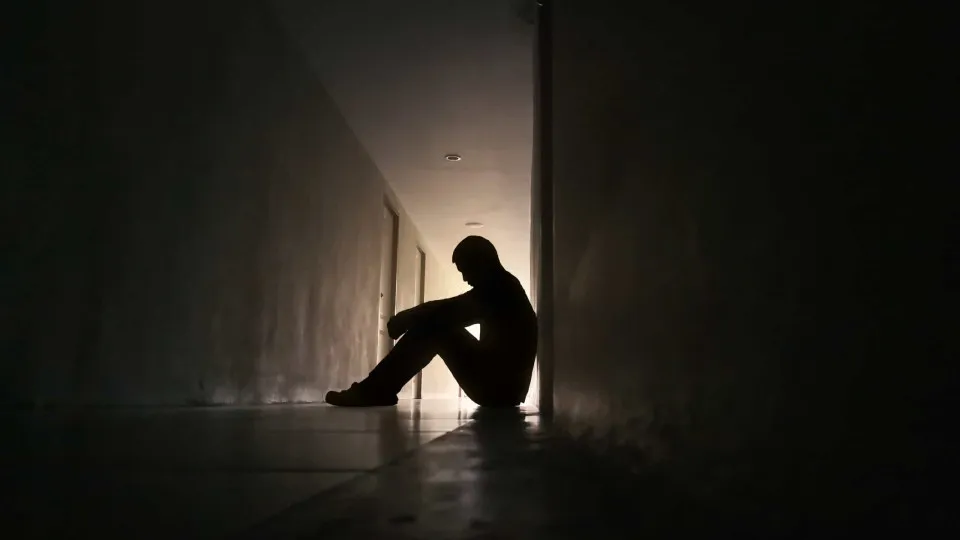
On World Mental Health Day, João Marques, a psychiatric mental health nurse, highlighted the integration challenges and sense of not belonging experienced by young immigrants.
“[Young immigrants] are in a more vulnerable context because they are uprooted. What was once real and their roots are now much further away, increasing the risk for immigrant populations, especially the second generation,” stated the nurse from the Youth Clinic, a child and adolescent psychiatry service at Dona Estefânia Hospital, part of ULS São José in Lisbon.
João Marques referenced a study indicating that first-generation immigrants still maintain a connection to their original culture, while their children face increased difficulty in cultural integration: “They are neither connected to their culture of origin nor to the culture of their new country.”
The expert emphasized that while generalization should be avoided, “the risk is higher and the probability of developing mental health issues is greater.”
He further stressed the critical role of schools in identifying students in emotional distress.
“It’s important to identify those who feel more on the fringes of their peer group and take the first step to address it,” remarked the nurse at ULS São José, marking the day with a program including the “School and Mental Health” conference, organized by Dona Estefânia Hospital.
The nurse also pointed out the language barriers and prejudices that hinder integration, including within communities perceived as close, such as the Brazilian community: “Many teenagers speak of integration difficulties and prejudice against the community.”
“Sometimes, I feel that the hate speech or rejection of someone just because they come from another country is more pronounced [in schools],” he shared.
“There seems to be more tension, more aggressiveness in schools now. Things that might not have been openly discussed before are now articulated, and this is very concerning,” he added.
Marques emphasized the necessity of encouraging young people to seek help, assuring them they are not alone: “Asking for help is not a sign of weakness; it is an act of courage. Sometimes they just need extra help because the resources they currently have are insufficient to cope with everything happening.”
He also highlighted the need for the community to recognize signs of psychological distress, noting a recent study showing that 25% of adolescents in Portugal have engaged in self-harming behaviors.
“There’s sometimes a myth that these behaviors are attention-seeking, almost as if we are devaluing the behaviors themselves,” he said, emphasizing the need to take them seriously.
Warning signs include sudden behavioral changes, social isolation, frequent physical complaints, and changes in academic performance, which should be noted by parents, teachers, and health professionals, as many young people only seek help when distress worsens.
The nurse also highlighted the “significant waiting lists” in mental health services that could exacerbate the situation: “While the teenager is waiting, symptoms can establish and worsen.”
In these cases, increased care and a “greater response” from the community are necessary to prevent symptom progression and clinical deterioration.
The expert underscored the importance of mental health literacy and early intervention, particularly through multidisciplinary teams in schools and health centers.
According to Marques, psychologists, mental health nurses, occupational therapists, and social workers can identify and support at-risk youth before symptoms turn into more severe conditions.
———-
If you are suffering from a mental illness, having self-destructive thoughts, or just need someone to talk to, you should consult a psychiatrist, psychologist, or general practitioner. You can also contact one of these entities (all contacts guarantee anonymity for both the caller and the person answering):
Psychosocial service of the Lisbon City Council
800 916 800 (24h/day)
SOS Voz Amiga – Emotional support and suicide prevention line
800 100 441 (between 3:30 PM and 12:30 AM, toll-free)
213 544 545 – 912 802 669 – 963 524 660 (between 4 PM and 12 AM)
Conversa Amiga (between 3 PM and 10 PM)
808 237 327 (between 3 PM and 10 PM, toll-free) | 210 027 159
SOS Estudante – Emotional support and suicide prevention line
239 484 020 – 915246060 – 969554545 (between 8 PM and 1 AM)
Telefone da Esperança
222 080 707 (between 8 PM and 11 PM)
Telefone da Amizade
228 323 535 | 222 080 707 (between 4 PM and 11 PM)
PSNS 24 Psychological Counseling – At SNS24, the contact is assumed by health professionals
808 24 24 24 then select option 4 (24h/day)
National Suicide Prevention and Psychological Support Line (24h/day)
1411




